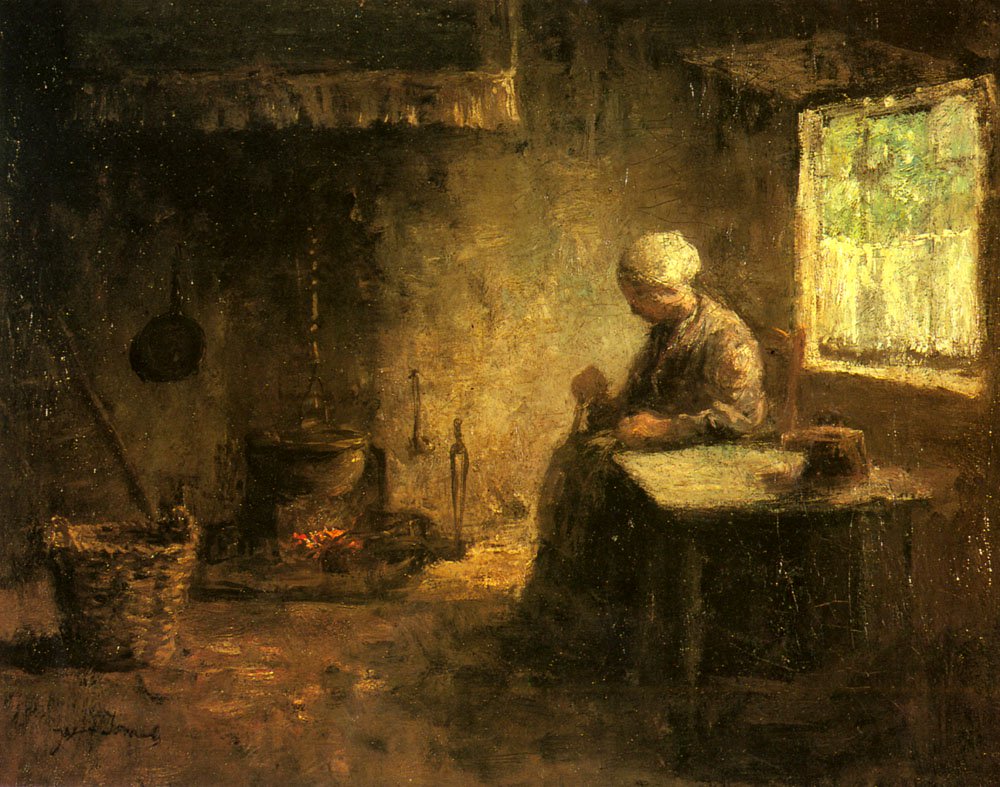
It is in this connection that fasting comes. In Daniel 9:3, we read that Daniel set his face unto the Lord God, seeking him in prayer and supplication, in fasting and sackcloth, and ashes. There are those who think that fasting belongs only to the old covenant and the Law, but when we look at Acts 14:23 and Acts 13:2-3, we find that it was practiced by the sincere men of the apostolic day. And having ordained elders for them in every congregation and having prayed with fasting, they commended them to the Lord on whom they believed (Acts 14:23). As they ministered to the Lord and fasted, the Holy Spirit said, Separate me Barnabas and Saul for the work unto which I have called them. And when they had fasted and prayed and laid their hands on them, they released them (Acts 13:2-3).
If we want to pray with power, we should pray with fasting. This, of course, does not mean that we should fast every time we pray, but there are times of emergency or special crisis in work or in our individual lives when people of downright earnestness will withdraw themselves even from the satisfaction of natural appetites that would be perfectly proper under other circumstances, in order to give themselves up wholly to prayer.
There is a peculiar power in such prayer. Every great crisis in life and work should be met in this way. There is nothing pleasing to God in our giving up things that are pleasant in a purely Pharisaic and legalistic way, but there is power in that downright earnestness and determination to obtain in prayer the things for which we intensely feel our need. This earnestness and determination lead us to put away everything, even things in themselves that may be right and necessary, so that we may set our faces to seek God and obtain blessings from Him.
R.A. Torrey. How to Pray.



